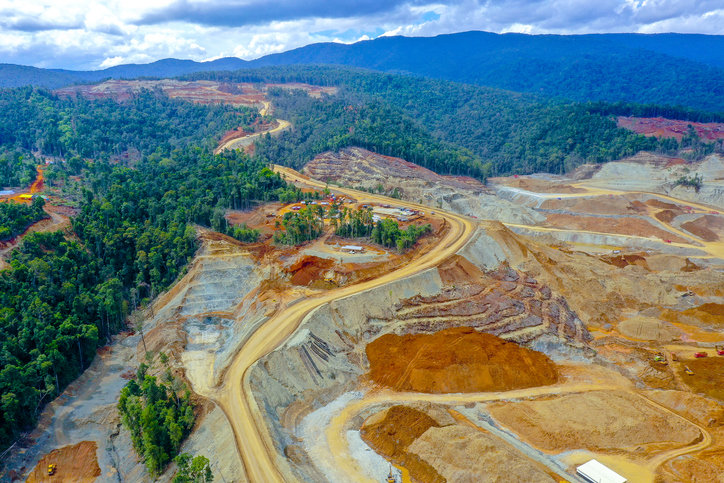How to Buy Land in Africa as a Foreigner: A Practical Guide
Purchasing land in Africa can be a lucrative investment, whether for agriculture, real estate, or business ventures. However, foreign investors often face unique challenges, from legal restrictions to understanding local regulations. This guide breaks down the essential steps on how to buy land in Africa and provides practical solutions to navigate the process successfully.
Understanding Land Ownership Rules in Africa
Land laws in Africa vary significantly between countries. Some nations, such as Kenya and Tanzania, restrict freehold ownership for foreigners, while others, like South Africa, allow foreign investors to buy land under specific conditions. Before purchasing, it’s crucial to:
-
Research local property laws: Determine whether land is freehold, leasehold, or under communal ownership.
-
Verify restrictions on foreign buyers: Some countries require partnerships with local entities or government approvals.
-
Understand taxes and fees: Factor in stamp duty, legal fees, and other transaction costs.
Wigmore Trading can help guide investors in understanding country-specific land ownership rules, ensuring a smooth transaction process.
Identify the Purpose of Your Land Investment
Clarifying the intended use of the land is critical. Are you buying for agriculture, commercial development, residential purposes, or resale? This affects:
-
The location and size of the land
-
Necessary permits and zoning regulations
-
Potential return on investment
Partnering with a reliable consultancy like Wigmore Trading can help identify suitable land opportunities that align with your investment goals.
Work with Local Experts When Planning How to Buy Land in Africa
Navigating local regulations and cultural nuances can be challenging for foreign buyers. Engaging local real estate agents, legal advisors, and land surveyors ensures:
-
Compliance with legal requirements
-
Verification of land ownership and title deeds
-
Avoidance of fraudulent transactions
Wigmore Trading collaborates with trusted local partners across African countries, simplifying the buying process for foreign investors.
Conduct Due Diligence to Safely Buy Land in Africa
Due diligence is a non-negotiable step in acquiring land. Verify the following before purchase:
-
Title deeds and ownership history: Ensure the seller has legal rights.
-
Land boundaries and zoning: Confirm official survey maps and permits.
-
Environmental and community considerations: Check for restrictions on building or farming.
Investors can rely on Wigmore Trading to provide thorough due diligence reports, mitigating risks and protecting their investment.
Secure Financing and Complete Legal Formalities
Foreign investors may require financing from international banks or local lenders. Once funding is arranged:
-
Draft a purchase agreement with a qualified attorney.
-
Ensure registration with local land authorities.
-
Pay applicable taxes and fees according to local law.
Wigmore Trading supports clients through financing options and handles the documentation process efficiently, ensuring a legally sound purchase.
Practical Tips for a Smooth Land Purchase
-
Visit the land in person if possible to assess accessibility and infrastructure.
-
Engage community leaders to build goodwill and avoid disputes.
-
Plan for long-term management: Consider leasing, development, or partnership arrangements.
With Wigmore Trading, foreign investors gain a reliable partner to handle negotiations, local compliance, and strategic planning for maximum ROI.
Conclusion
Buying land in Africa as a foreigner requires careful planning, legal compliance, and expert guidance. By understanding local laws, working with professionals, and conducting thorough due diligence, you can secure valuable property opportunities.
Contact Wigmore Trading today to streamline your land acquisition process and invest confidently in Africa.








Comments are closed.